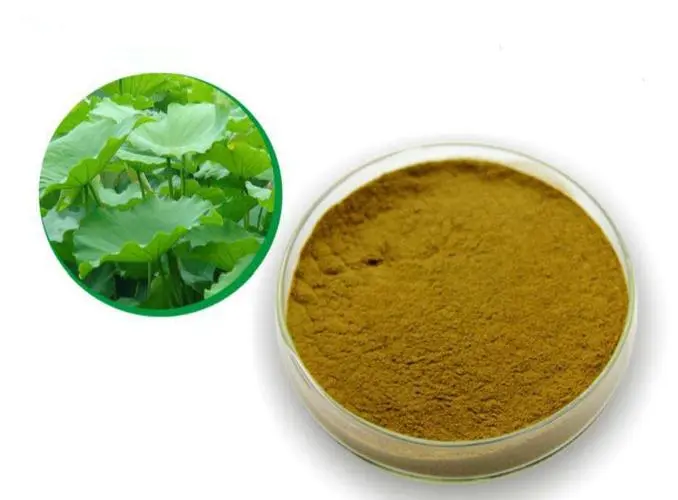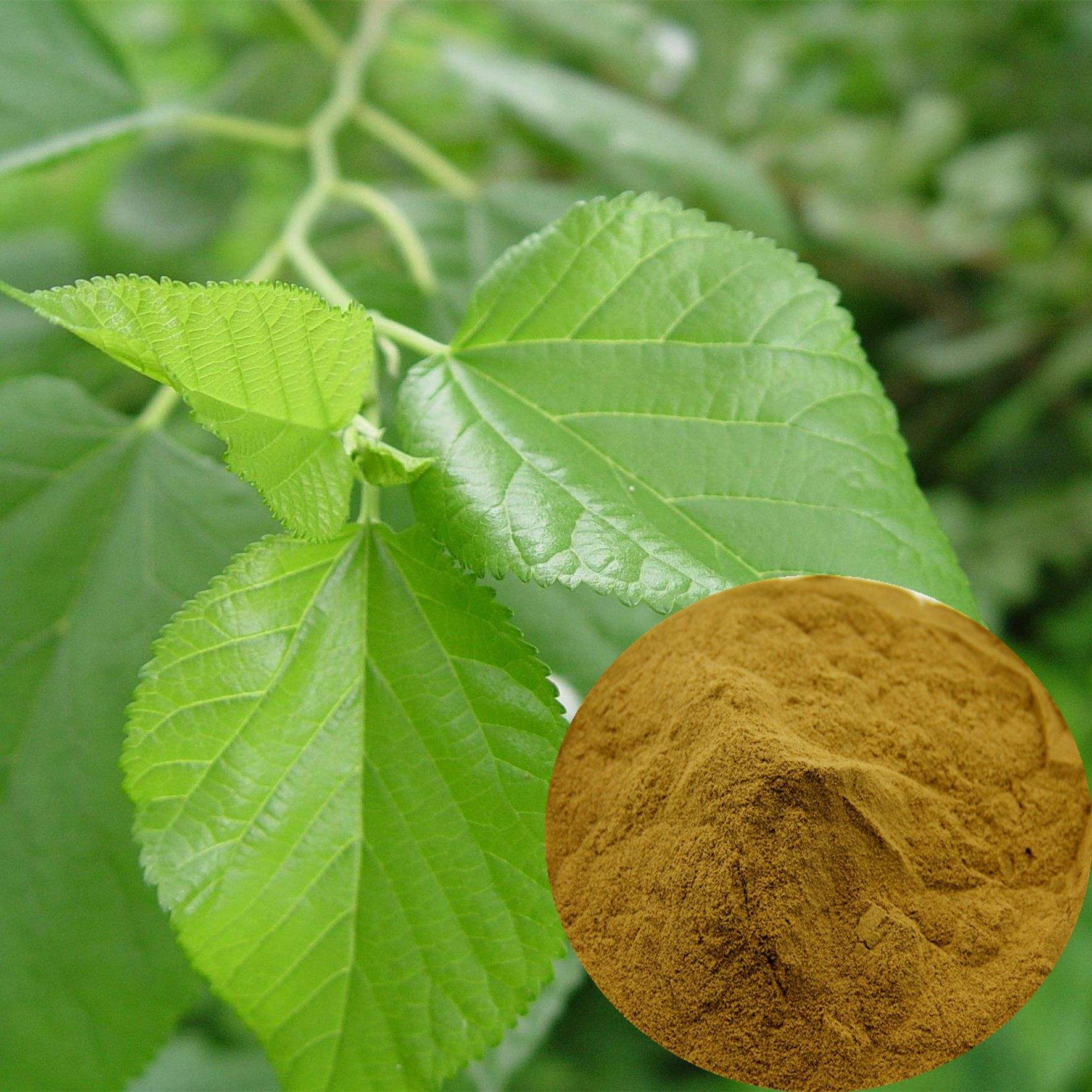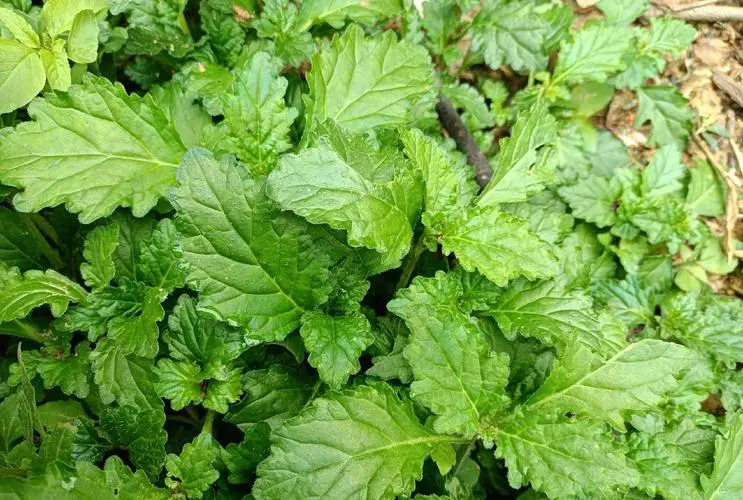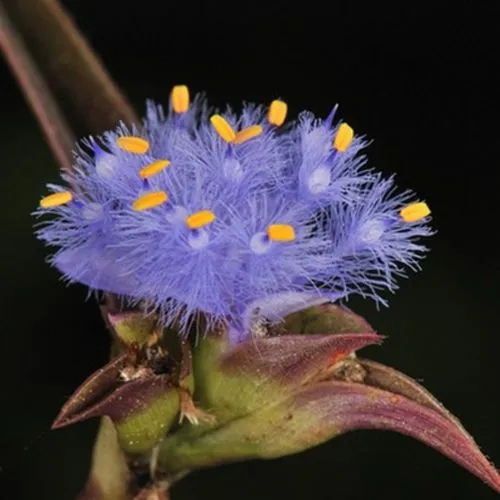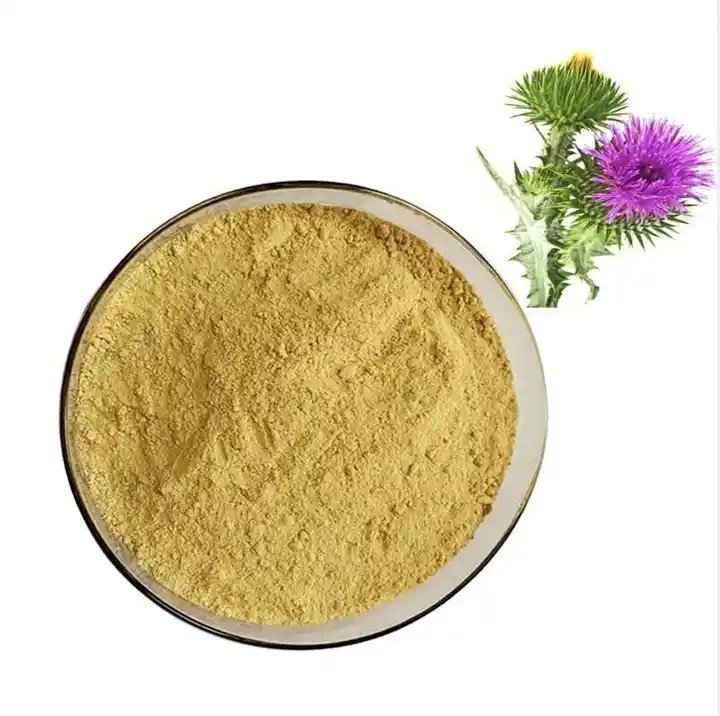Lotus Leaf Extract
Product Name: Lotus Leaf Extract
Latin Name:.Nelumbo nucifera Gaertn
Appearance: Brown yellow powder
Part Used: Leaf
Specification: Nuciferine2%-3%
Shelf Life: Two years when stored properly
Country of Origin: China
Product description:
Specification:
|
Items |
Standards |
Method |
|
Nuciferine |
2%-3% |
HPLC |
|
Appearance |
Brown yellow fine powder |
Visual |
|
Extracted Part |
Fruit |
/ |
|
Extract Solvent |
Ethanol & Water |
/ |
|
Particle Size |
100% through 80 meshes |
CP2020 |
|
Loss On Drying |
NMT5.0% |
CP2020 |
|
Ash |
NMT5.0% |
CP2020 |
|
Heavy Metals |
NMT10ppm |
ICP-MS |
|
Pb |
NMT3.0ppm |
ICP-MS |
|
As |
NMT2.0ppm |
ICP-MS |
|
Cd |
NMT1.0 ppm |
ICP-MS |
|
Hg |
NMT0.1ppm |
ICP-MS |
|
Total Bacterial Count |
NMT1000cfu/g |
CP2020 |
|
Total Molds Count |
NMT100cfu/g |
CP2020 |
|
Salmonella |
Negative |
CP2020 |
|
E. Coli |
Negative |
CP2020 |
Application:
Food and Beverage
- Functional Beverages: Lotus Leaf Extract is frequently used in the production of functional beverages. It can be added to tea - based drinks, fruit juices, and energy drinks. For example, in lotus leaf tea blends, it not only imparts a unique flavor but also provides potential health benefits. In fruit juices, it can enhance the nutritional value and offer a refreshing taste.
- Dietary Supplements: In the form of capsules, tablets, or powder, Lotus Leaf Extract is incorporated into dietary supplements. These supplements are often marketed to consumers interested in weight management, digestive health, or overall well - being.
- Food Additives: The extract can also be used as a natural food additive. It can be added to baked goods, dairy products, and processed foods to improve their nutritional profile and potentially extend their shelf - life due to its antioxidant properties.
Cosmetics and Personal Care
- Skincare Products: Given its antioxidant and anti - inflammatory properties, Lotus Leaf Extract is included in skincare products. It can help improve skin texture, reduce the appearance of fine lines and wrinkles, and protect the skin from environmental damage caused by free radicals. It is commonly found in facial creams, serums, and masks.
- Hair Care Products: The extract may also be beneficial for hair health. It can help strengthen hair follicles, reduce hair loss, and add shine to the hair. As a result, it is used in shampoos, conditioners, and hair treatments.
Pharmaceutical and Traditional Medicine
- Herbal Medicine Formulations: In traditional medicine, especially in traditional Chinese medicine, lotus leaf has long been used for various health purposes. Lotus Leaf Extract can be used in modern herbal medicine formulations to address issues such as digestive disorders, weight management, and cardiovascular health.
- Potential Therapeutic Applications: Some ongoing research explores the potential of Lotus Leaf Extract in the development of drugs for treating certain diseases. For example, its effects on lipid metabolism and blood pressure regulation are being studied further for possible therapeutic applications.
Function:
- Weight Management Support: Some studies suggest that the active ingredients in Lotus Leaf Extract, such as alkaloids and flavonoids, may help promote fat metabolism and inhibit fat absorption in the body. This can potentially assist in weight management efforts, especially when combined with a balanced diet and regular exercise.
- Cardiovascular Health Improvement: The antioxidant and anti - inflammatory properties of the extract, attributed to its flavonoids and polyphenols, can contribute to cardiovascular health. By reducing oxidative stress and inflammation in blood vessels, it may help lower the risk of atherosclerosis, improve blood circulation, and potentially regulate blood pressure.
- Digestive Health Enhancement: Lotus Leaf Extract may have a positive impact on digestive function. It can help soothe the digestive tract, promote normal digestion, and potentially relieve symptoms such as indigestion and bloating.

